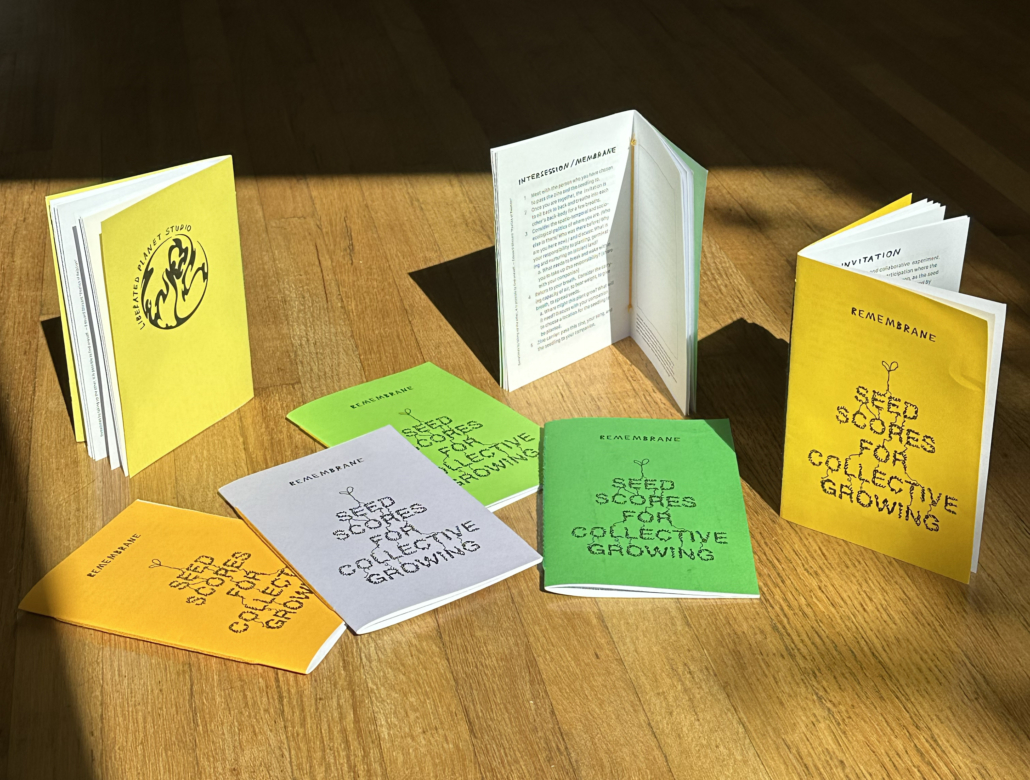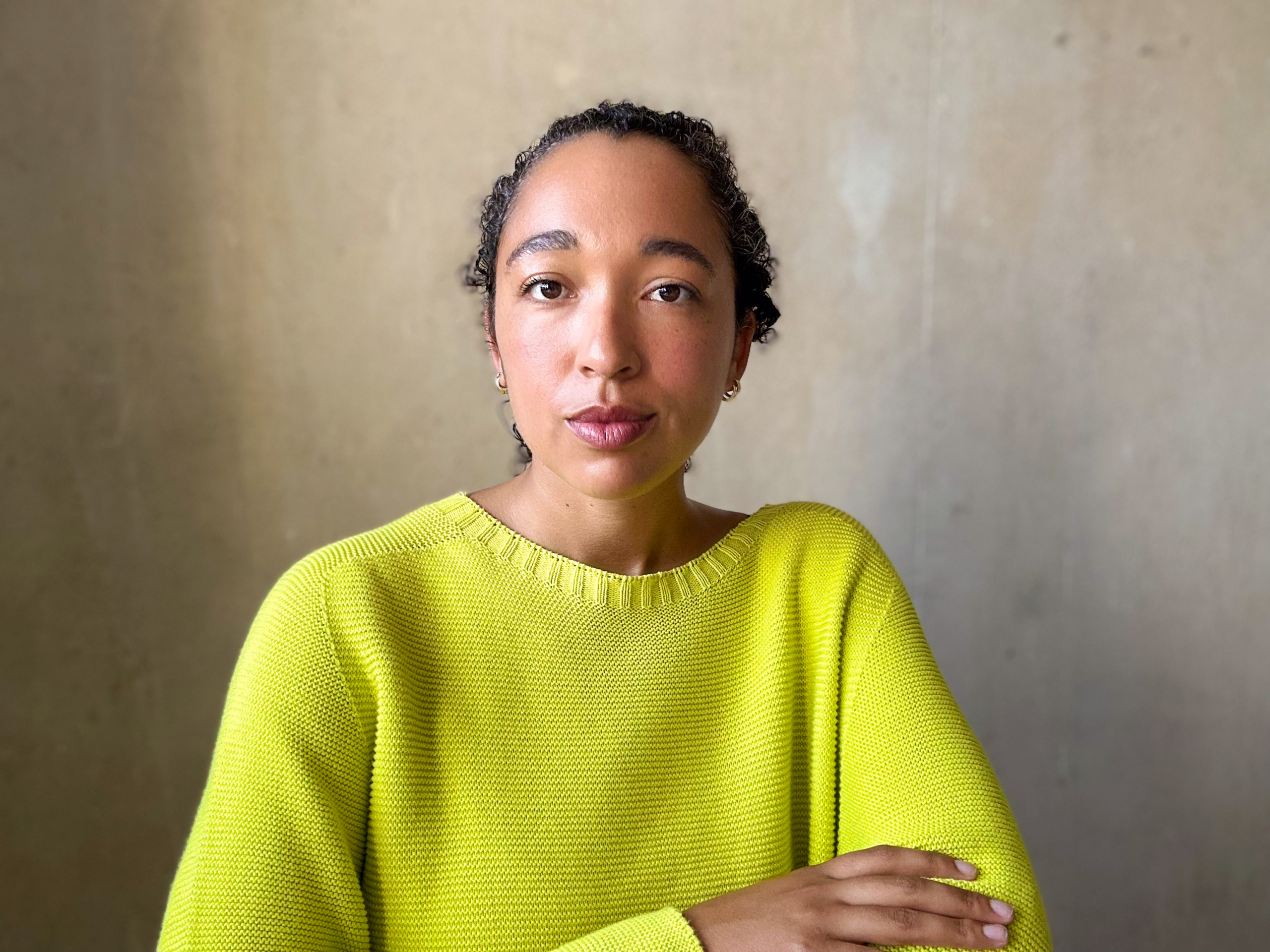Working to Unmaster a Grammar for Land and Body: Black Feminist Approaches to Somatic Pedagogy
Both land and bodies are sites where language has produced historical links between social and environmental exploitation. A body of land can be stripped, worked, seized, and grabbed – and as places where new life grows, both lands and bodies are subject to patriarchal management and mastered violence. Black women writers and poets like Audre Lorde, Toni Morrison, Katherine McKittrick, Octavia Butler, Alexis Pauline Gumbs, Dionne Brand, M. Jacqui Alexander, Saidiya Hartman, and others have creatively used language to illuminate the experience of Black women in exploited environments and the implications of their relation to land.
The term somatics was coined by Thomas Hanna (1970) to establish a field of body-based research, practices and therapies. Hanna famously drew knowledge from a diversity of cultures, reframing traditional healing practices as a western science. Since then, a growing field of “decolonial somatics,” often led by practitioners who identify as feminists and as People of Color, have reclaimed attention to “mindful movement” as intergenerational practice.
This project explores how contemporary artists are cultivating reading and movement practices that seek to liberate land and body. Investigating how Black feminist texts are shaping creative practices, I’ll survey artists engaging Black feminism to develop and share decolonial somatic practice and pedagogy today. This research involves reading across the fields of recently published Black feminist theory, decolonial somatics, and environmental studies, and will involve studio visits where interviews will co-produce a creative practice review – a report that identifies shares topic threads, research questions, and inspirations across our creative work.
As a praxis project, I will engage in practice-based research through my community research studio, The Liberated Planet Studio. The goal of the studio is to conduct movement research to mobilize collective practices that provoke relational awareness and accountability for present and historic racial-, gendered- and environmental- violences on land and body. Through careful attention to our language and somatic invitations, we develop new habits and modes of social relation, agreeing to a communal set of practices that center accessibility, consent and communal care.
Additional Materials
People
Ayasha Guerin
Dr. Ayasha C. Guerin (she/they) (Department of World Arts & Cultures/ Dance) is an interdisciplinary artist and scholar whose research and creative practices center socio-ecological histories, connecting human and animal experience through questions of
relational reciprocity, care and companionship across Black diasporic contexts and anti-colonial struggles. Their first book project, Making Zone A, Nature, Race and Resilience on New York’s Most Vulnerable Shores looks at the colonial foundations of the city’s waterfront development from the 17th-19th Centuries and traces how conquest, slavery, and capitalism have physically altered coastal environments and ecological relations.



